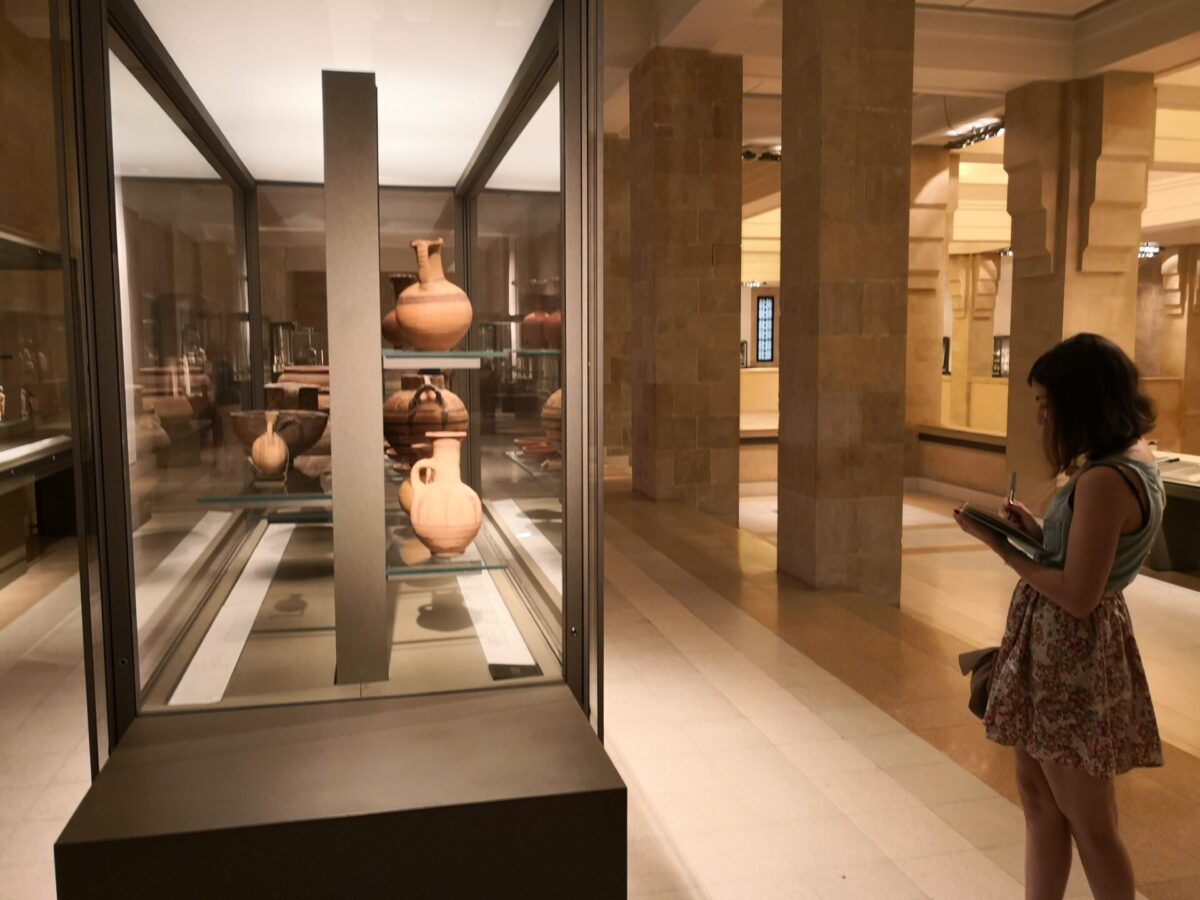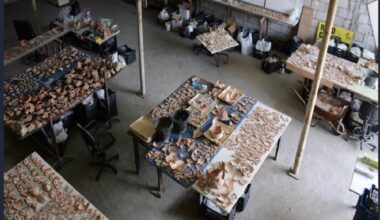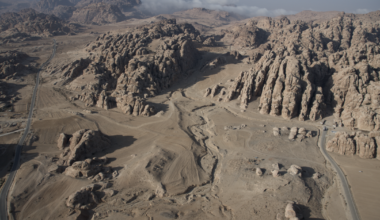Project summary
This project set out to understand the processes leading to the identification of objects as Phoenician and what this means in terms of preserving and presenting them, aiming to investigate the different perceptions of Phoenician cultural identity.
Project details
Location: Cyprus, Lebanon
Year(s): 2019
Project director(s): Lamia Sassine (University of Sheffield)
Lead institutions and funding:
- CBRL
Project description
This project set out to understand the processes leading to the identification of objects as Phoenician and what this means in terms of preserving and presenting them, aiming to investigate the different perceptions of Phoenician cultural identity.
Questions asked during fieldwork included: Do different museums share similar parameters for classification in terms of what is considered Phoenician and how selective are they in this respect? To what extent do objects displayed as ‘Phoenician’ derive from historical stereotypes inherited from past attitude, and to what extent does it now seem legitimate to identify them as Phoenician? Does museum labelling indicate instances where the classification of an object as Phoenician may have changed since the object was acquired?
The Sam Lieu Travel Grant was used to conduct research in Cyprus and Lebanon where museums house Phoenician collections.
Project bibliography
Sassine, Lamia. 2020. Elusive Phoenicians: perceptions of Phoenician identity and material culture as reflected in museum records and displays. Bulletin of the Council for British Research in the Levant 2018-2019, p 21.
Published:26 November 2021
















